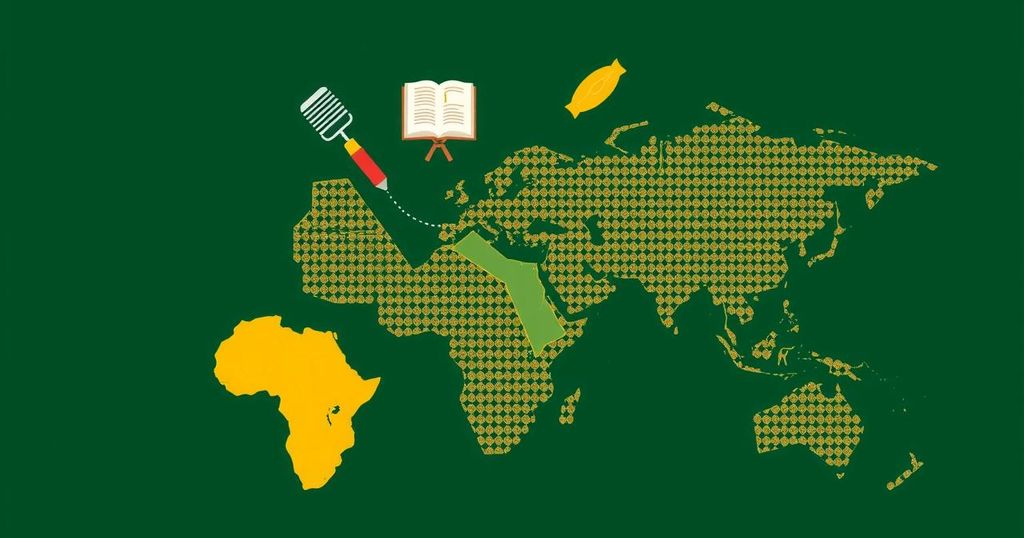This article explores the relationship between public debt and the right to education in Zimbabwe, Eritrea, South Sudan, and South Africa. It highlights how financial constraints impact educational access and quality, revealing the urgent need for comprehensive debt management strategies that prioritize education investments, uphold the right to education, and ensure equitable resource allocation in the face of fiscal pressures.
The intricate relationship between public debt and the right to education is profoundly significant, as evidenced by the experiences of Zimbabwe, Eritrea, South Sudan, and South Africa. In Zimbabwe, the enduring legacy of hyperinflation and economic mismanagement has led to an overwhelming debt burden that detracts from public investment in education, resulting in underfunded schools and declining educational quality.
In Eritrea, extreme prioritization of military spending over educational resources, alongside a tough national service requirement, severely limits educational access and opportunities. South Africa, despite its greater economic standing, is still confronted with educational disparities rooted in apartheid, compounded by ongoing debt obligations that hinder substantial investments in educational quality.
Moreover, South Sudan’s fraught conflict and mismanagement divert crucial funds from education, particularly in a context where many schools are forced to operate under precarious conditions. All these scenarios illustrate a critical lesson: addressing educational deficits demands comprehensive debt management alongside effective governance.
This imperative becomes even more relevant against the backdrop of international frameworks such as the International Covenant on Economic, Social and Cultural Rights (ICESCR), which enshrines education as a fundamental human right. Robust fiscal policies must be developed to prioritize educational investments while alleviating the burdens of debt that stifle economic and educational advancement.
Furthermore, transparency and community involvement in budgetary processes emerge as essential elements for ensuring that educational needs are adequately met, highlighting the necessity for accountability within governance structures. Through collaborative efforts with lenders and significant reforms, nations can work towards maximizing educational outcomes while navigating the complexities of debt management.
The relationship between public debt and education is of paramount importance, particularly in various African contexts where economic challenges deeply impact educational access and quality. This article examines several countries that possess differing economic realities but share common struggles linked to debt management and educational policies. By analyzing the experiences of Zimbabwe, Eritrea, South Sudan, and South Africa, the article reveals how financial constraints and governance issues curtail the right to education, illustrating an urgent need for reform that prioritizes educational investment.
In summary, the intersection of debt and education encompasses a complex interplay of economic and governance factors that significantly affect the right to education across various nations. The lessons drawn from Zimbabwe, Eritrea, South Sudan, and South Africa demonstrate that effective debt management and robust governance are essential to fostering educational access and equity. Additionally, bolstering fiscal policies to safeguard education budgets is crucial, alongside increasing transparency and community engagement in the education sector. By prioritizing these aspects, nations can enhance educational opportunities and work towards sustainable development, thereby ensuring that the right to education remains unimpeded by debt burdens.
Original Source: www.amnesty.org







